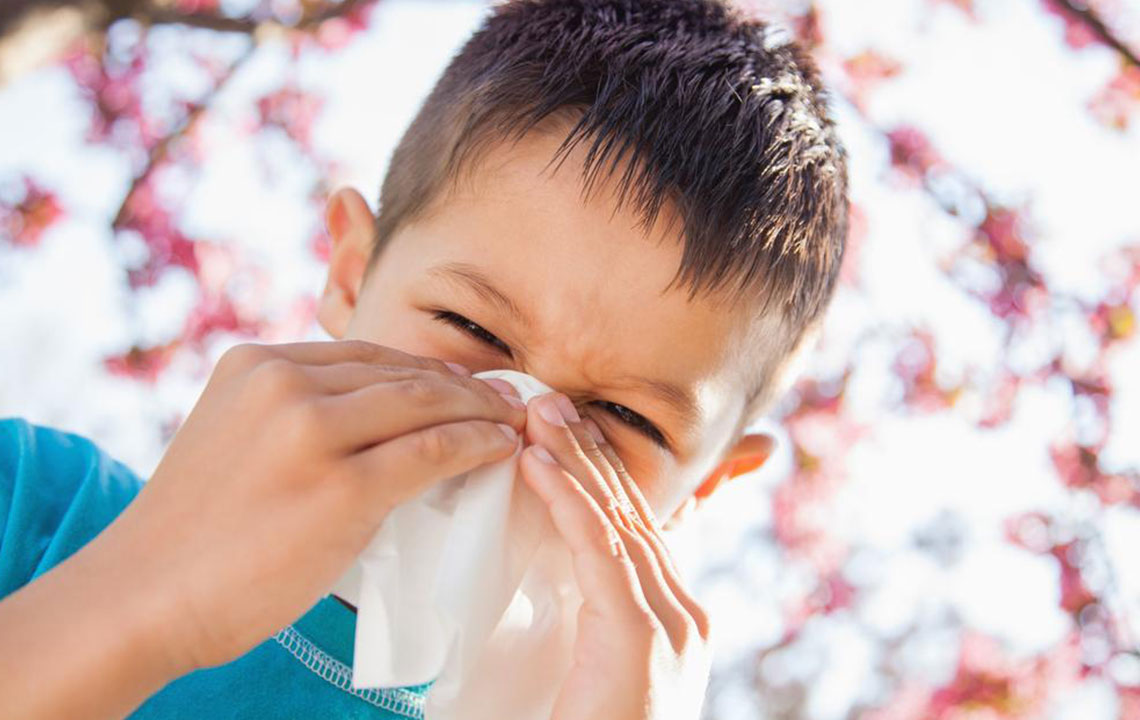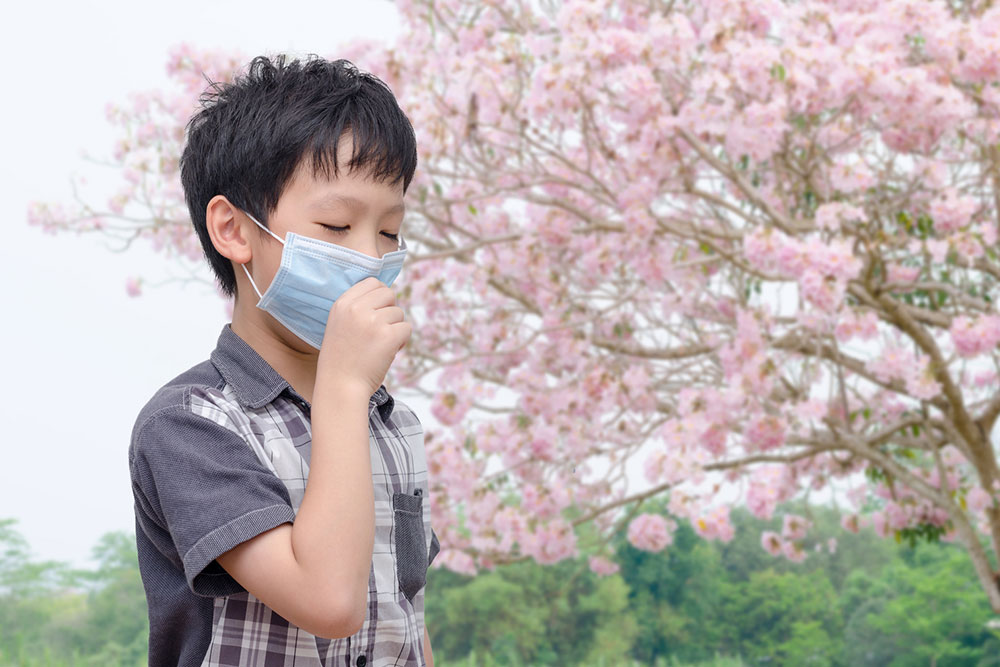Recognizing Various Causes of Sore Throat Allergies
This article explores common causes and symptoms of sore throat allergies, highlighting triggers like post nasal drip, seasonal pollen, pet dander, and pollutants. It offers effective management tips, including medications, allergen avoidance, and home remedies, to help alleviate discomfort. Recognizing these factors early can lead to better relief and prevent persistent sore throat issues, especially during seasonal changes and exposure to environmental allergens.

Recognizing Various Causes of Sore Throat Allergies
Many of us experience coughs and colds from childhood, often triggered by allergies. While such allergies may diminish with age, some persist and require targeted care.
What are sore throat allergies?
These are allergic reactions that cause a sore throat, often accompanying colds. Young children might get relief through lozenges, but adults can suffer from chronic sore throat allergies lasting weeks. Identifying the root cause of these allergies is key to effective management.
Primary causes of sore throat allergies
Post nasal drip is a common trigger.
The nose produces mucus, a moist substance that fights bacteria, viruses, and allergens. Unconscious swallowing of mucus causes post nasal drip, which increases during colds. Allergies and congestion can also cause mucus buildup, leading to throat irritation and soreness.
Signs of sore throat allergies
Common symptoms include:
Persistent cough from mucus drainage irritates the throat
Frequent swallowing and difficulty eating
Constant itching or discomfort in the throat
Hoarseness and speech difficulties due to irritation
Runny nose and breathing challenges
Allergens that induce sore throat allergies
Various environmental factors can cause allergies, especially during seasonal changes. Main allergens include:
Spring pollen from blooming plants
Pet dander from animals
Passive and active cigarette smoke
House dust and mites
Molds and mildew
Bird feathers
Certain infant foods can also trigger allergies
Managing sore throat allergies
The key is to identify and avoid the allergen. Medical treatments can also help control symptoms.
Medications and treatments
When avoiding allergens is difficult, medications such as antihistamines, corticosteroids, and leukotriene inhibitors are effective. Over-the-counter options like loratadine and cetirizine assist in relief. Nasal sprays and decongestants prescribed by doctors can alleviate nasal congestion.
Addressing root causes
Determining and eliminating exposure to allergens is essential for long-term relief. Consulting healthcare professionals for guidance on environment adjustments, masks, or inhalers is beneficial.
Preventive actions
Keep your surroundings clean, use masks when necessary, and minimize exposure to dust, mold, and smoke. Avoiding passive smoke exposure is particularly important.
Home remedies for relief
Simple home remedies can also soothe sore throats. Drinking plenty of fluids, warm teas, and soups helps thin mucus and ease discomfort. Gargling with saltwater and staying hydrated are effective, natural options.










